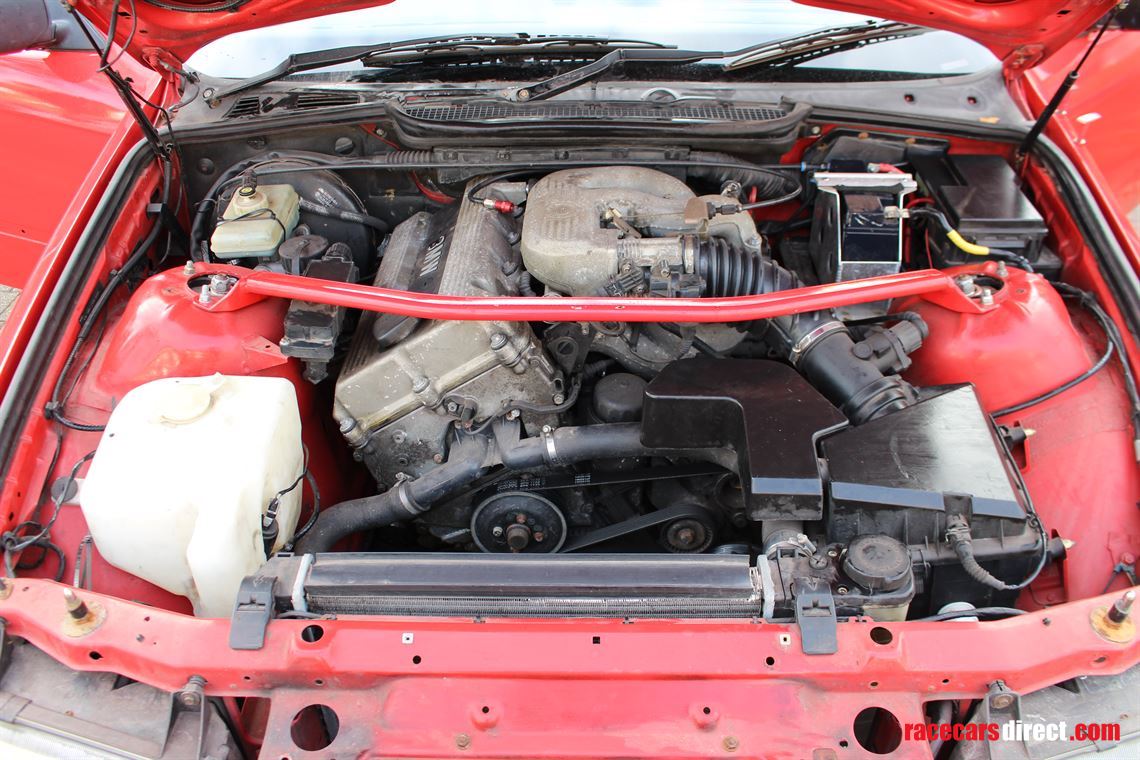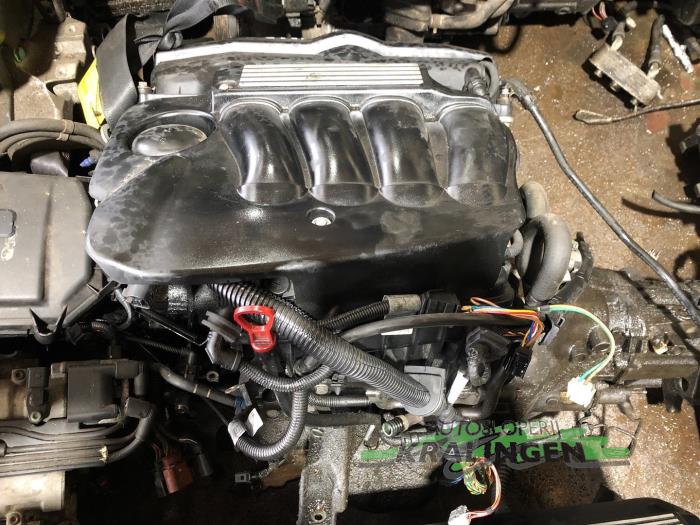BMW 318ti: A Traditional Compact with Timeless Appeal
BMW 318ti: A Traditional Compact with Timeless Appeal
Blog Article
Important Factors To Consider for Selecting the Best Engine for Your Demands
In the world of selecting the perfect engine to meet your needs, numerous crucial factors demand thorough factor to consider to make sure optimal efficiency and efficiency. From the nuanced equilibrium in between power and performance to the often-overlooked facets of maintenance and service requirements, each aspect plays a critical duty in figuring out one of the most ideal engine for your details demands. As the intricacy of engine technologies proceeds to evolve, discerning one of the most suitable option necessitates a deep understanding of the interaction in between numerous considerations. By discovering the intricate web of factors that underpin this decision-making procedure, a more clear path emerges towards choosing an engine that not only satisfies however exceeds your assumptions.
Power and Efficiency
When reviewing engines for optimum efficiency, it is crucial to prioritize both power outcome and effectiveness. Power output measures the ability of an engine to generate power, which directly influences its efficiency. A high power outcome is necessary for requiring tasks such as heavy-duty applications or high-speed needs. It guarantees that the engine can deal with the workload successfully and effectively. Power alone is not adequate; efficiency plays a substantial duty in figuring out the general performance of an engine. Efficiency describes how well the engine transforms fuel into useful energy. A more reliable engine will supply much better mileage, reduced exhausts, and lowered operating expense. Striking the best equilibrium between power output and effectiveness is vital to selecting an engine that fulfills your particular demands. When making this choice, it is important to take into consideration aspects such as the planned use of the engine, ecological impact, and lasting cost ramifications. By carefully reviewing both power and effectiveness, you can pick an engine that provides ideal performance and fulfills your requirements successfully.
Gas Efficiency and Economic Climate
Gas effectiveness refers to the engine's capability to transform gas into energy with marginal waste, directly affecting operating prices and environmental sustainability. Engines with higher gas performance not only decrease fuel costs however likewise decrease carbon exhausts, adding to a greener operation.

Compatibility and Application
Thinking about the fuel efficiency and economic climate of an engine, the following critical element to address is its compatibility and application within particular functional contexts. Compatibility describes just how well the engine integrates with the total system or equipment it powers. It entails elements such as physical dimensions, mounting choices, electrical interfaces, and control systems. Making sure compatibility is necessary to protect against issues such as getting too hot, resonances, or power discrepancies (bmw 318ti).
Additionally, the application of the engine is just as vital. Different engines are created for details purposes, whether it be industrial machinery, marine vessels, cars, or power generators. Recognizing the designated application allows for the choice of an engine that can provide the needed power result, torque, and functional characteristics. A high-revving engine designed for performance cars would not be suitable for heavy-duty construction equipment that requires high torque at reduced rates.
Maintenance and Service Requirements
Maintenance and service needs play a vital role in guaranteeing the long life and optimum performance of an engine. Normal upkeep is vital to protect against break downs, prolong the life-span of the engine, and keep its effectiveness. When picking an engine, it is very important to think about the maker's advised upkeep timetable and the availability of service centers or qualified service technicians.
Variables such as the regularity webpage of oil modifications, filter substitutes, and overall assessments can substantially affect the engine's performance. Some engines may Recommended Site require more frequent servicing based upon their style and use, while others might have longer intervals between maintenance checks. It is crucial to follow these solution needs to avoid expensive repair work and unforeseen downtime.

Cost and Budget Plan Factors To Consider
Budget restraints typically play a substantial duty in the decision-making procedure when choosing an engine for a particular application. When considering the expense and spending plan ramifications of picking an engine, it is vital to assess not just the initial purchase rate but additionally the long-term costs associated with maintenance, gas consumption, and prospective upgrades or fixings. It is important to strike an equilibrium in between the in advance price of the engine and its overall lifecycle expenses to make sure that the chosen engine stays monetarily lasting throughout its operational life expectancy.
Variables such as fuel performance, reliability, and resilience can directly influence the overall price of possession of an engine. While an extra costly engine may have greater ahead of time expenses, it can possibly result in reduced maintenance and gas costs over time, thus using far better value in the long run.
Final Thought

Fuel effectiveness refers to the engine's ability to convert gas into his response power with minimal waste, directly affecting operating prices and ecological sustainability.Elements affecting fuel effectiveness consist of engine design, combustion effectiveness, and general efficiency optimization. In addition, selecting the suitable fuel kind and grade as advised by the engine manufacturer can even more improve effectiveness and extend engine life expectancy.
Engines with excellent utility features and readily available components can minimize maintenance expenses and decrease the time the engine is out of operation - bmw 318ti. It is vital to strike a balance between the upfront cost of the engine and its general lifecycle expenses to ensure that the selected engine stays monetarily sustainable throughout its functional life expectancy
Report this page